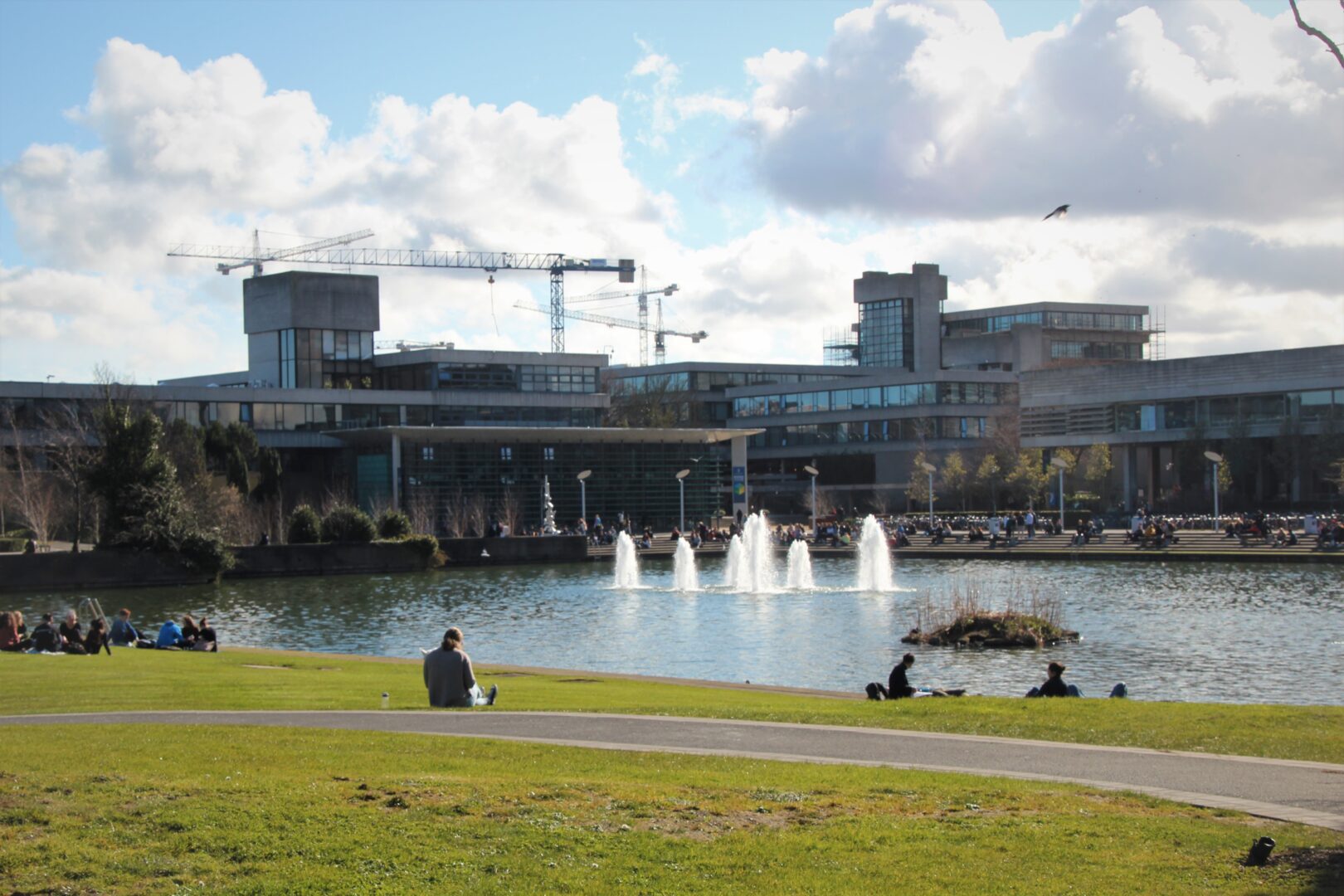UCD (University College Dublin) Digital Surgery is the lead academic partner on a project supporting new surgical technologies. The project is funded by the EU and aims to provide safer surgery solutions to healthcare staff. UCD Digital Surgery will be led nationally by Irish medical tech firm Palliare for the project. Further collaboration will take place with Polish medical device manufacturer SteriPack and leading French institution for surgical training IRCAD.
The UCD Digital Surgery team, led by Professor Ronan Cahill from UCD School of Medicine and joined by Dr. Kevin Nolan from UCD School of Mechanical and Materials Engineering, will research the occurrence of unintended gas leaks during both surgical and non-surgical procedures such as keyhole surgery or endoscopy. These gas leaks can spread aerosols containing viral particles which endanger surgeons and deposit the virus on operating room surfaces.
The ultimate goal of the research project is to develop and mass produce two novel medical devices to manage and filter such leaks at source, these devices are to be distributed to surgical teams and Covid-19 care teams worldwide.
The research will involve learning from UCD’s airflow-in-surgery research, benefitting from previous data sharing and digital analytics between UCD and the Mater Hospital. The team will utilize Dr. Kevin Nolan’s optical expertise to develop portable, innovative imaging technology for the operating room which will measure the potentially hazardous invisible gas leaks. Clinical trials will follow to ensure viability.
Palliare’s devices include LeakTrapTM and EndoTrapTM which both help to prevent problems surrounding gas leaks. The PORSAV (Protection of Operating Staff from Aerolized Virus) will produce thousands of these products.
Palliare’s co-founder John O’Dea is quoted saying “we are delighted to have assembled such an outstanding multi-disciplinary team and are grateful to the European Commission for the support to conduct this research and development project aiming to make surgery safer during this and future pandemics.” He adds that “surgery can’t stop”. Professor Ronan Cahill says “it’s fantastic that a real, tangible solution to the fundamental problem we have characterized can now be delivered”.
A second trial will later be carried out at French partner IRCAD who will use the new technology and information to train surgeons around the world on how to reduce the risks of Covid-19 in the operating room.
Adam O’Sullivan, Reporter

